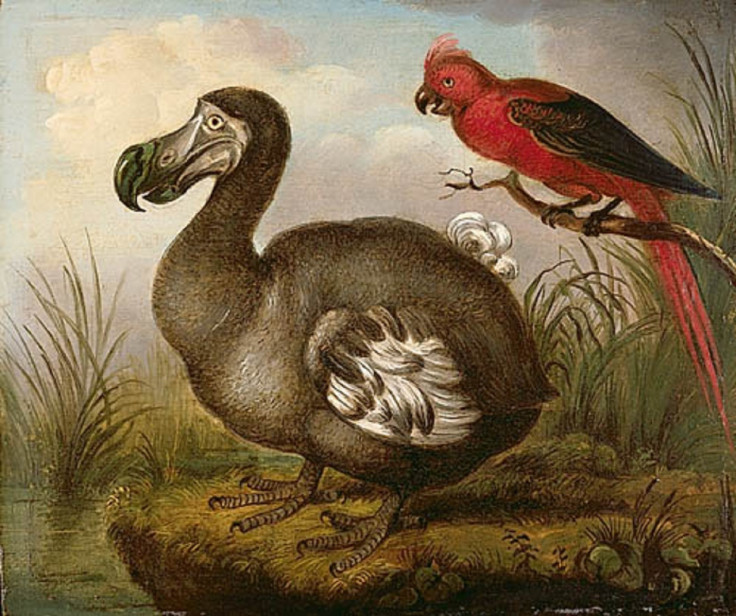Earth faces a sixth 'great extinction' of species
Nature magazine sounds alarm that humans are forcing a vast number of species to vanish

A warning of the imminent extinction of a huge proportion of the world's animal species has been made by the scientific journal, Nature. In a special report the journal says that no less than 41% of the planet's amphibians face extinction, while 26% of mammals and 13% of birds are threatened.
Species which are already close to extinction include the Sumatran elephant, Amur leopard and mountain gorilla. But also in danger of vanishing altogether are animals that are currently merely rated as endangered, including bonobo chimpanzies and loggerhead turtles.
The journal squarely blames human activities. The spread of agriculture is removing millions of hectares of land habitats annually, while pollution and over-fishing are annihilating marine ecosystems.
Man-made climate change is playing a further role in the destruction. The losses are occurring everywhere around the planet – from the south Pacific to the Arctic, from the deserts of Africa to the Himalayas.
According to Nature, the problem is worsened by massive gaps in scientists' awareness of global biodiversity. Their estimates of the total number of living species vary between 2 million and 50 million. Meanwhile, estimates of current rates of species extinction vary from 500 to 36,000 species annually.
So far the Earth has gone through five previous mass extinctions, caused by geological or astronomical catastrophes. But the imminent sixth wave is due to mankind. The problem has been accelerating over time. In prehistoric times we eradicated mastodons and mammoths. Later we wiped out great auks, passenger pigeons and the dodo. More recently we have seen the disappearance of the golden toad and the Baiji river dolphin. And countless thousands more species are now under threat.
In an accompanying editorial, Nature says it is essential that governments and NGOs undertake an accurate census of species and their rates of extinction. The journal stresses that this is a vital basis for protecting life on Earth from the ongoing depredations of humanity.
© Copyright IBTimes 2025. All rights reserved.





















